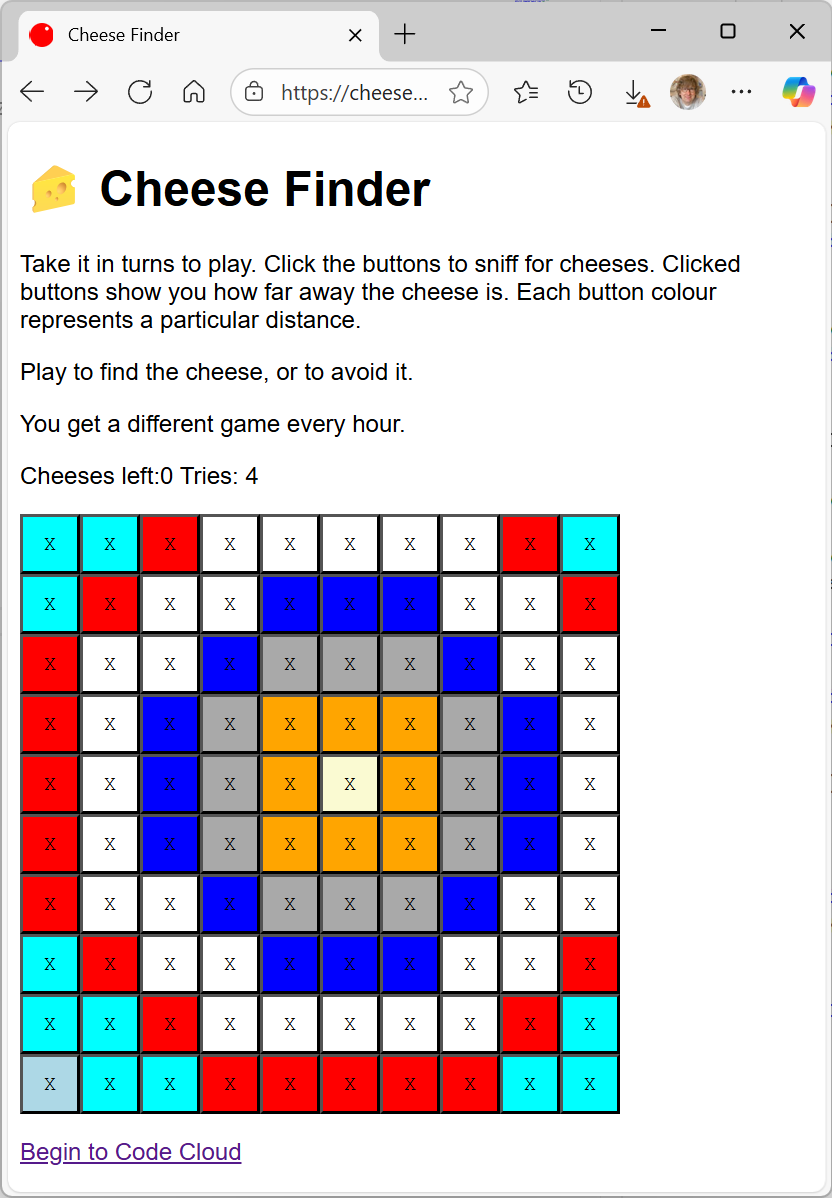I read a thing on the internets a week or so back where someone said that they thought blogging is returning. My dear, for some of us it never went away. I’ve got around 20 years of blogging under my belt. My older stuff is here. Good luck with that. Actually, I’m really pleased I’ve got these posts lying around. I’ve rediscovered lots of things that I’d completely forgotten doing. I’ve just spent a happy half hour reliving past glories and humiliations from way, way back.
I think that if I have one piece of advice for folks starting out in life I’d strongly advise them to blog, or at least keep a diary. There are a whole bunch of good reasons to do this:
Writing a diary will keep memories that you might otherwise lose. OK, in these modern days it is very easy to snap pictures or post things on social media about what you’ve done, but who knows if Facebook and whatnot will be around in the long term (more than 20 years or so). And writing about something lets you add a personal context.
Writing a diary lets you practice your writing. This is a huge thing. Writing is how a lot of communication gets done, even in the days of visual media and video. You need to get good with your writing skills. Writing regularly will make you better at writing and what better subject than yourself.
Writing a diary lets you “park” things in your life. If there’s something worrying you just whack it in the diary and then forget it for a while. I find that writing about something greatly reduces its power to upset me. And when I go back and re-read the entry I frequently wonder why I was so upset at the time. Conversely, I sometimes spot things that at the time didn’t seem to be important but actually turned out to mean a lot.
It makes you like yourself a tiny bit more with each post. Reading about cool things that you’ve done (even if it’s wash the car or tidy the office) makes you realise that actually you are doing stuff and making a difference, starting with yourself.
When I started blogging I joked that I was doing it to force myself to make my life more interesting otherwise I’d have nothing to write about. This is not really how it turned out. Eventually I found a writing voice that worked for me and I managed to find a way (or feel that I’d found a way) to write about nothing much in a vaguely interesting way. I set myself a completely artificial challenge of blogging every day. I’ve not always managed it, but I’m quite proud of what I have achieved.
I’m not saying you should blog publicly if you don’t want to. I keep a diary of stuff I’m doing which is a bit of a log book/personal journal and I take things out of that to use in the public facing blog. You can just open a text document and type something every day.
Cunning tip - you can use the lowly Windows notepad program to automatically time and date your diary entries. Just put the text “.LOG” at the very top of the file and each time you open it you’ll find yourself at the bottom of the document, with the date and time added.
























